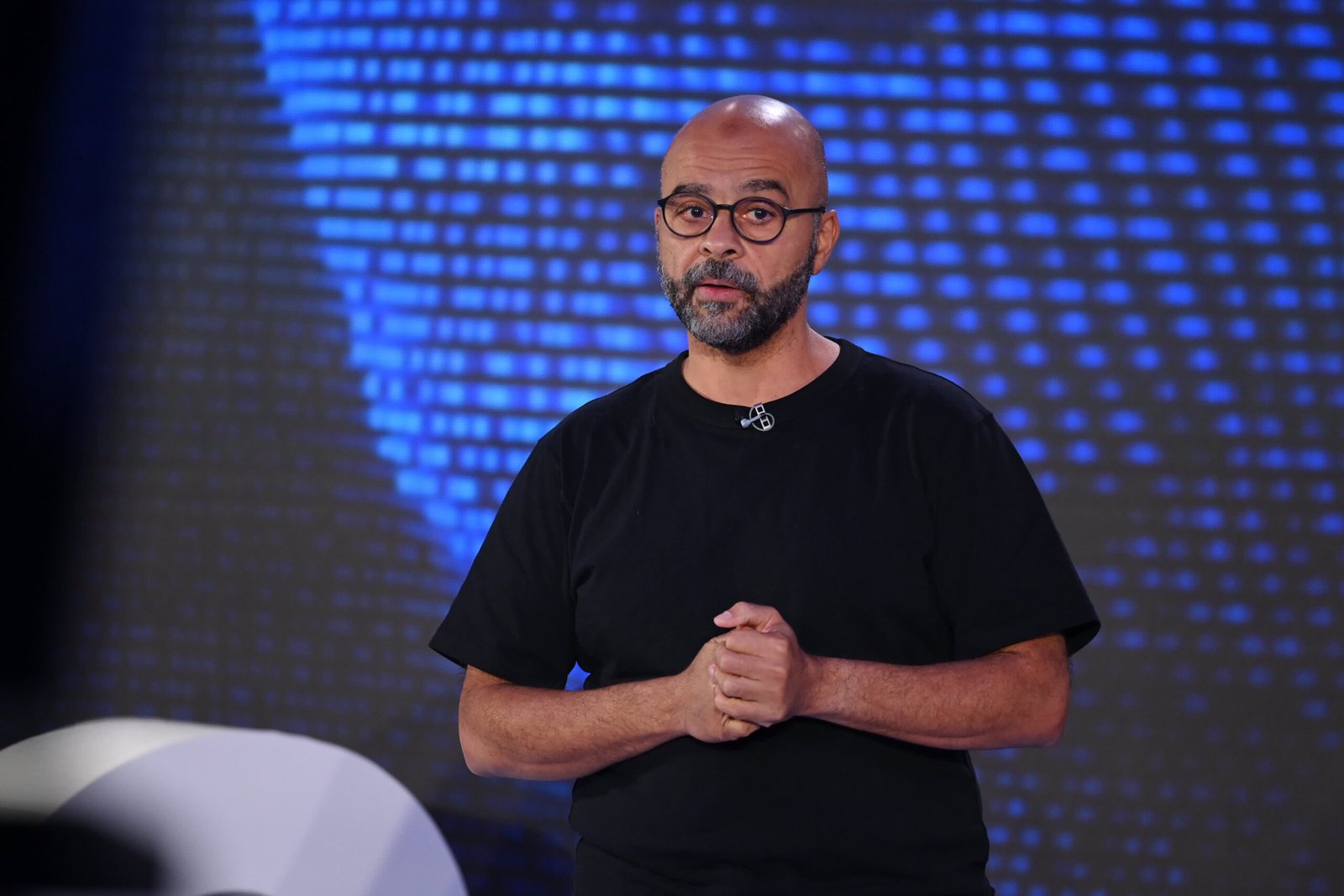Egyptian AI startup Intella has secured $12.5 million in an oversubscribed Series A funding round, cementing the country’s position as a leader in developing sophisticated AI solutions that serve the Arabic-speaking world’s unique linguistic needs.
Founded in 2021 by CEO Nour Taher and CTO Omar Mansour, Intella represents the cutting edge of Egyptian technological innovation, solving complex challenges that global AI companies have struggled to address effectively in Arabic contexts.
Breakthrough Technology Achievement
Intella’s proprietary speech-to-text models have achieved an impressive 95.73% transcription accuracy across more than 25 Arabic dialects—a remarkable technical feat that demonstrates Egyptian engineers’ capability to develop world-class AI solutions. This accuracy rate positions Intella ahead of global competitors in addressing Arabic speech’s inherent linguistic complexity.
The startup’s success stems from its deep understanding of a challenge that outsiders often underestimate: everyday Arabic speech relies heavily on regional dialects rather than Modern Standard Arabic, creating phonetic diversity that requires sophisticated, locally-developed solutions.
Strategic Market Leadership
Intella’s client portfolio spans finance, telecommunications, and government sectors, demonstrating the broad applicability of Egyptian-developed AI technology. The company’s tools, including transcript analytics and conversational agents, transform spoken interactions into valuable enterprise insights across MENA markets.
The oversubscribed funding round, led by Prosus Ventures with participation from 500 Global, Wa’ed Ventures (Aramco’s VC arm), Hala Ventures, Idrisi Ventures, and HearstLab, reflects growing investor confidence in regionally-contextualized AI solutions developed by African innovators.
Ambitious Growth Trajectory
With revenue more than doubling in 2024 and projections of up to 7× growth in 2025, Intella exemplifies the rapid scaling potential of Egyptian tech companies that understand their regional markets deeply. This growth trajectory positions Egypt as a hub for Arabic language technology development.
The new funding will enable Intella to refine its dialectal models, expand its analytics platform intellaCX, and advance its digital human “Ziila” for voice-ordering and conversational applications. These developments showcase Egyptian innovation in creating culturally relevant AI interfaces.
Regional Expansion and Impact
Intella’s expansion plans across Egypt and Saudi Arabia demonstrate how Egyptian startups can leverage their technical expertise to serve broader regional markets. The company’s approach to localizing speech AI addresses a critical gap where global models often perform poorly in real-world Arabic settings.
As organizations across MENA increasingly demand voice-enabled services and localized conversational AI, Intella is positioned as a foundational player bridging global AI advances with Arabic-speaking communities’ specific needs.
With total funding now reaching approximately $16.9 million, Intella represents more than a business success—it demonstrates Egypt’s emergence as a leader in developing AI solutions that serve linguistic and cultural diversity. The company’s achievement highlights how African innovators are creating technologies that global companies couldn’t effectively develop, positioning the continent as a critical player in the future of artificial intelligence.


























